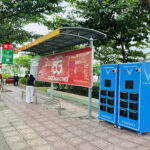On August 2nd, the Lao Bao International Border Gate Customs Department under Region IX Customs, Quang Tri province, reported that according to the protocol between Laos and Vietnam, vehicles from both countries are permitted to circulate in each other’s territory (temporary import) for a maximum of 30 days. However, from 2012 until now, over 500 Laotian vehicles have overstayed their temporary import period in Vietnam without completing re-export procedures.
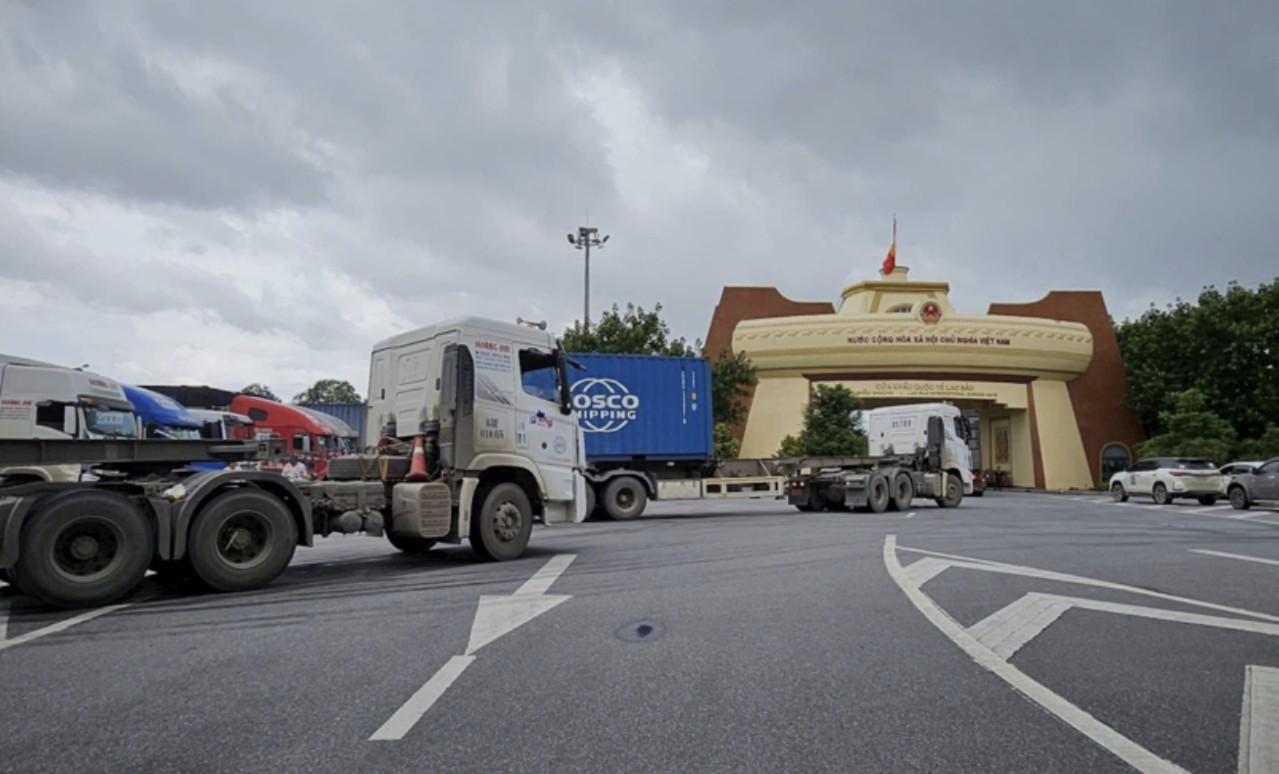
Lao Bao International Border Gate – a frequent entry point for Laotian vehicles into Vietnam under the Laos-Vietnam protocol. Source: HQ
Mr. Ngo Minh Tuan, Deputy Head of Lao Bao International Border Gate Customs, stated that from 2012 onwards, 512 Laotian vehicles have overstayed their temporary import period in Vietnam through the Lao Bao border gate without completing re-export procedures. The authorities are unable to determine the current locations of these vehicles. A report has been submitted to higher authorities to coordinate with relevant agencies and take necessary measures.
Annually, thousands of Laotian vehicles temporarily enter Vietnam through land border gates for various purposes, including travel, trade, and business. However, a significant number of these vehicles have also overstayed their temporary import period without re-exporting.
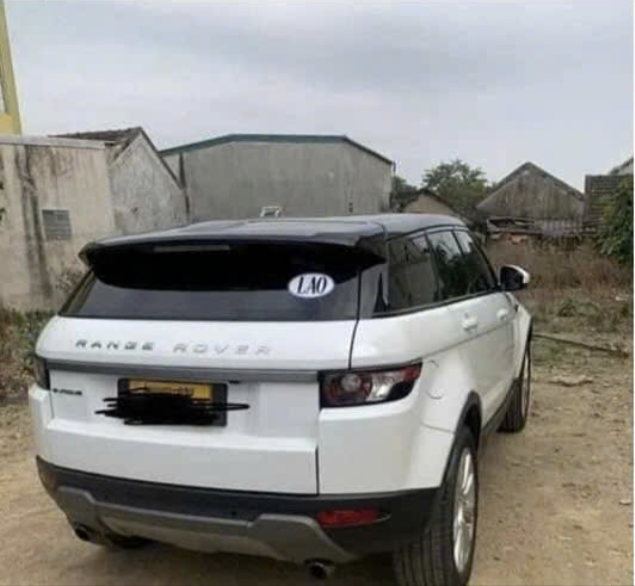
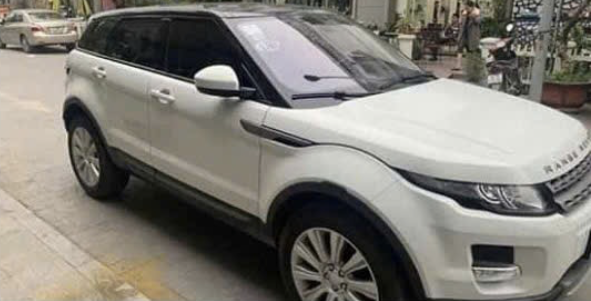
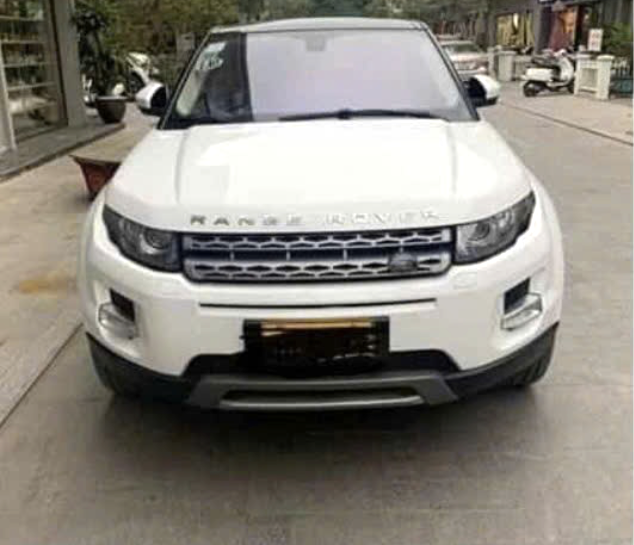
Most of the temporarily imported Laotian vehicles are luxury cars.
The difference in tax policies between Vietnam and Laos results in lower car prices in Laos compared to Vietnam. Most of the temporarily imported vehicles are high-value cars. Their current locations and the number of vehicles that have been legalized for illegal domestic circulation remain unknown.
In recent years, security agencies in various provinces and cities in Vietnam have uncovered and prosecuted multiple cases of illegal vehicle trading and forgery of official documents. These individuals exploited the Laos-Vietnam protocol to bring Laotian vehicles into Vietnam temporarily and then failed to re-export them. They forged documents to legalize these vehicles as Vietnamese, thereby evading taxes.




